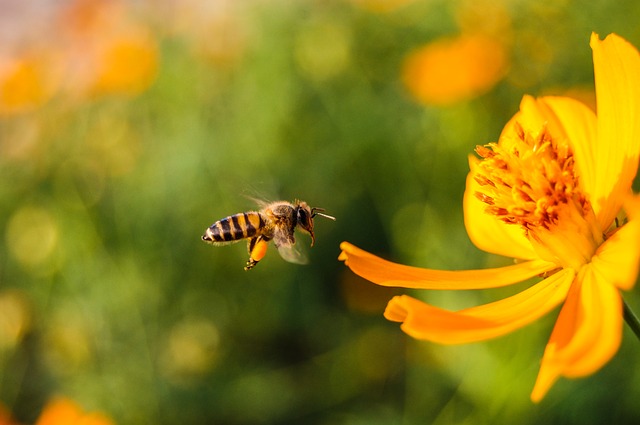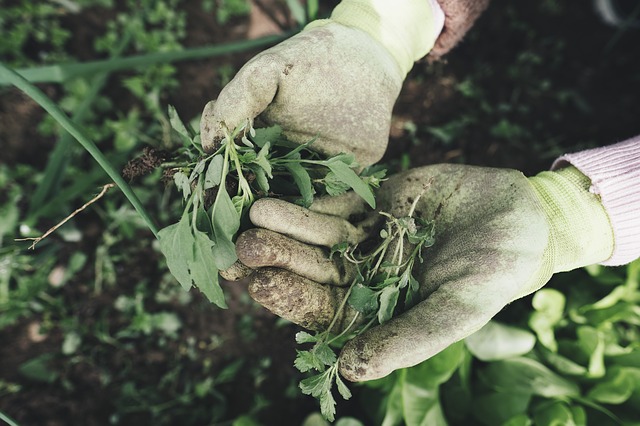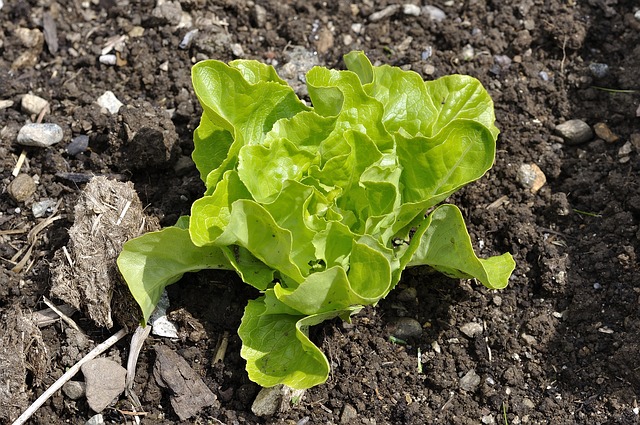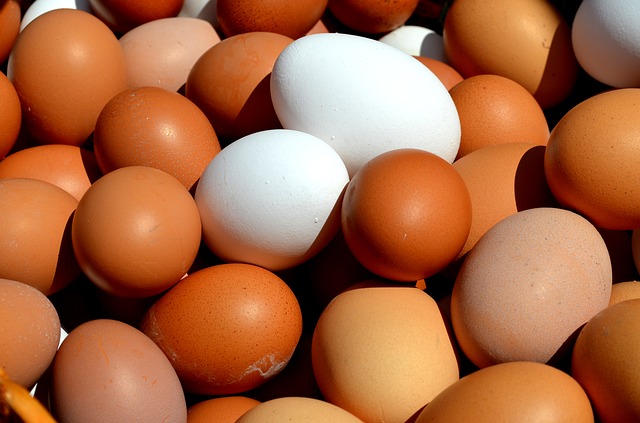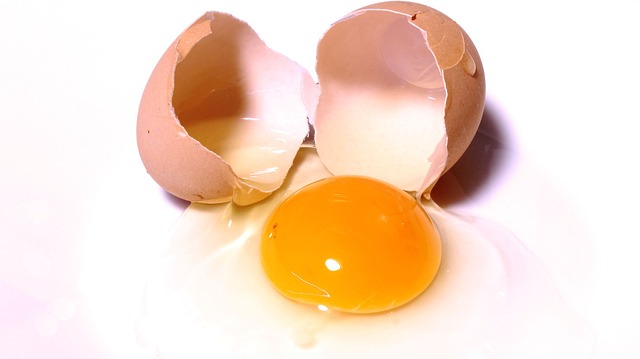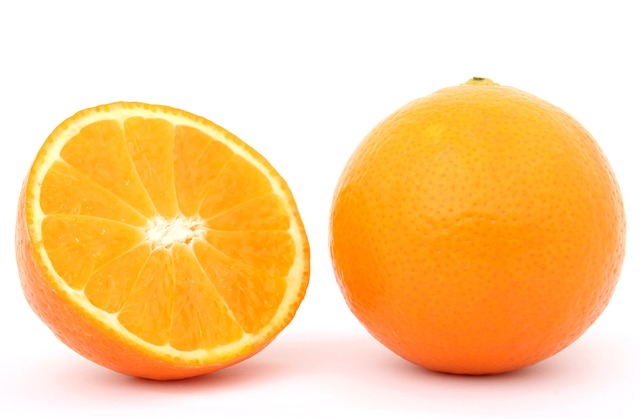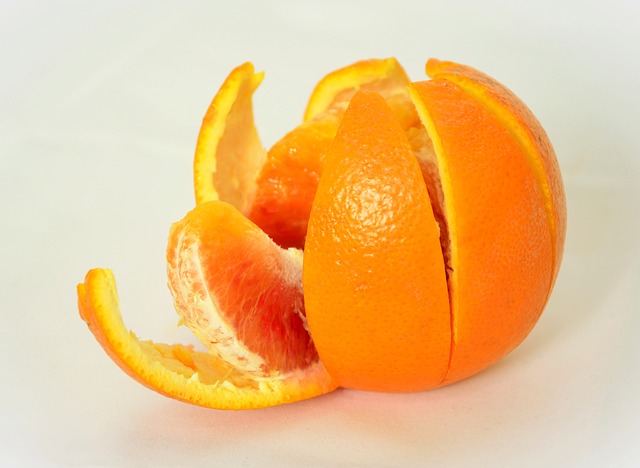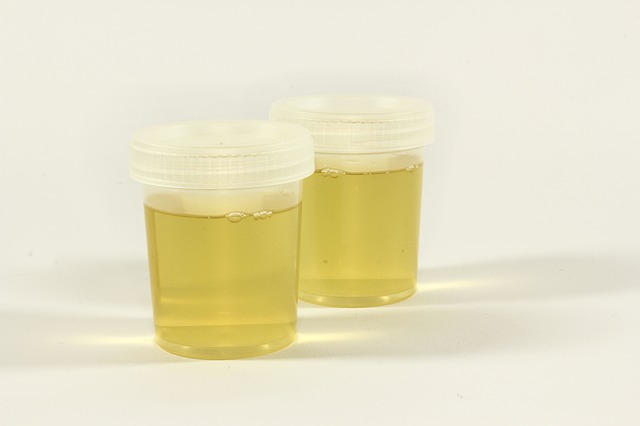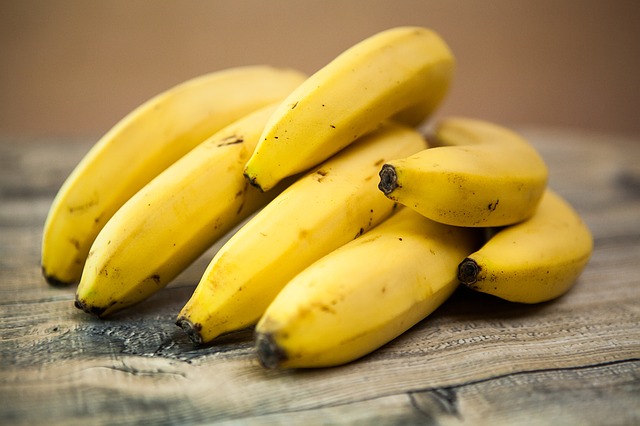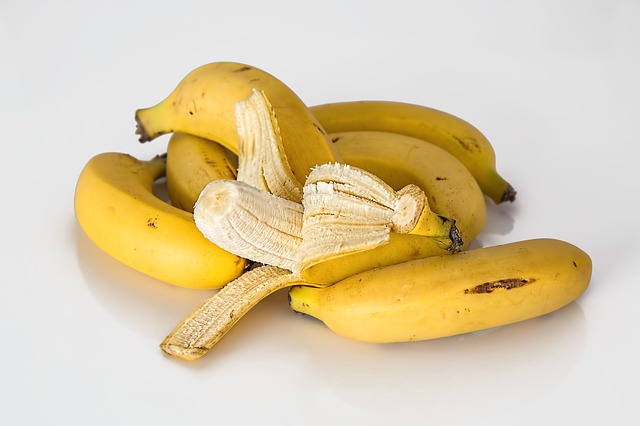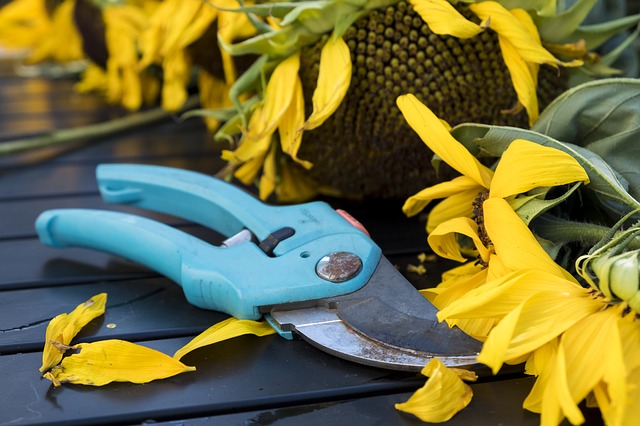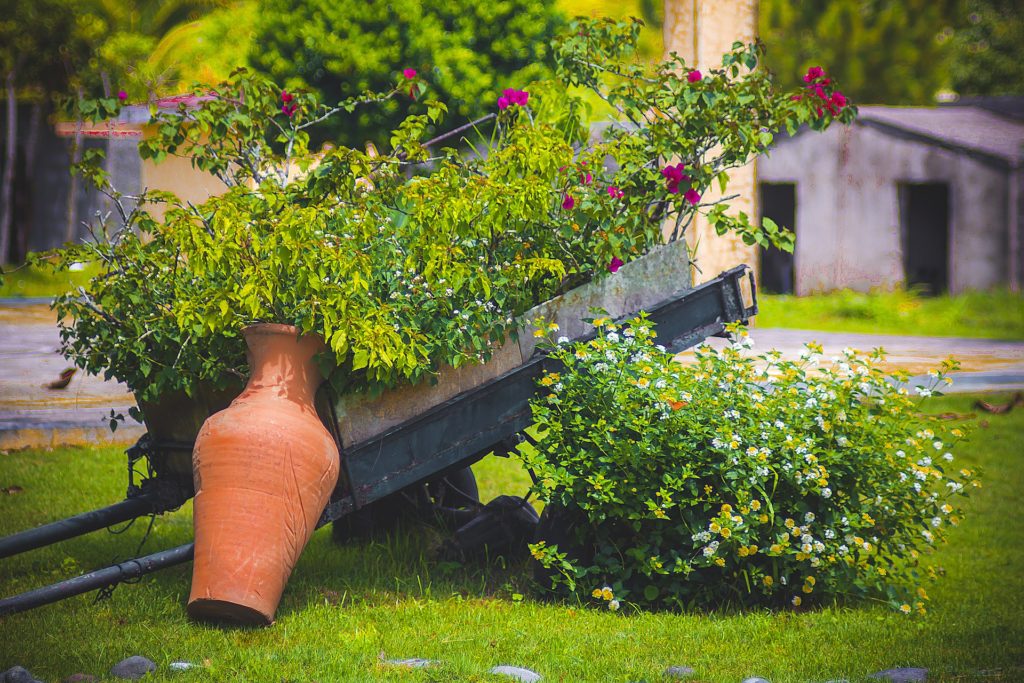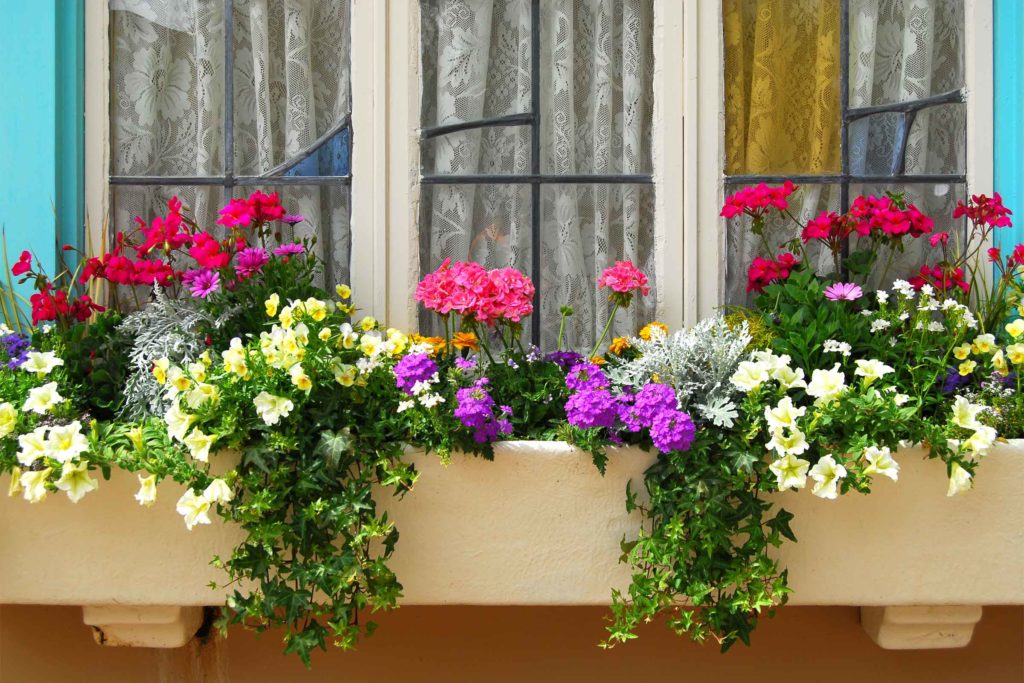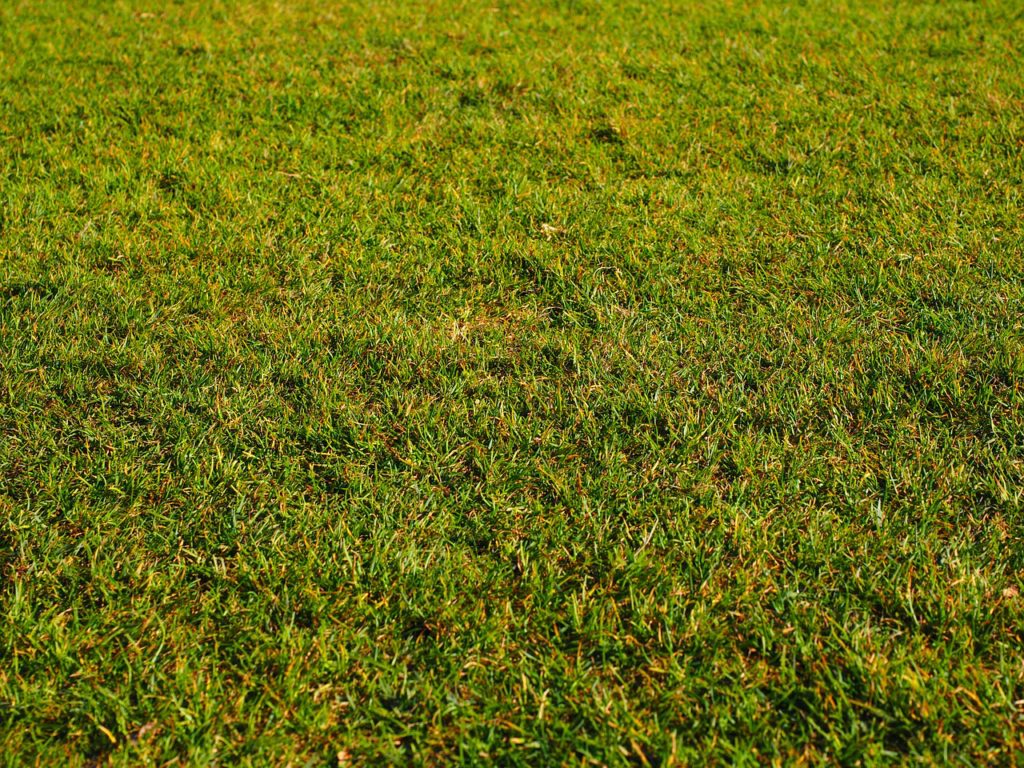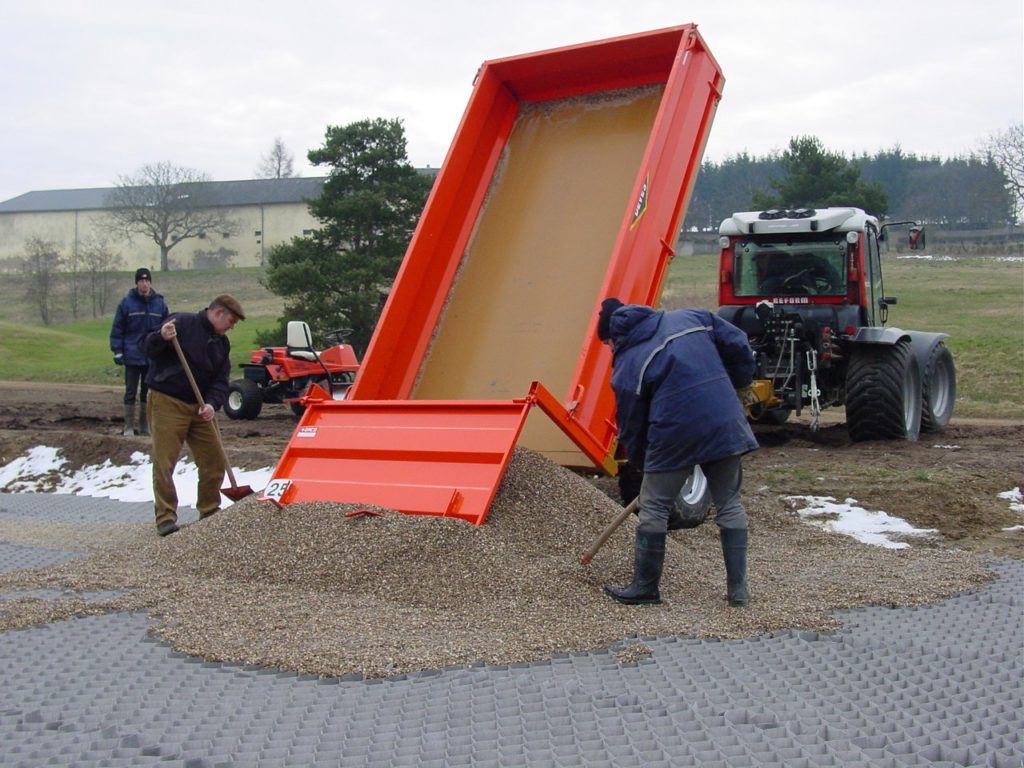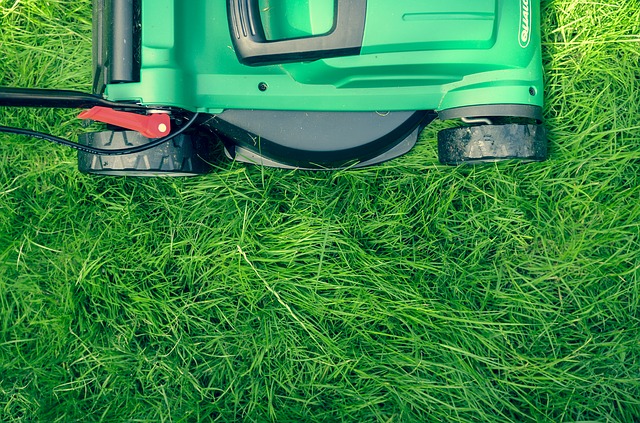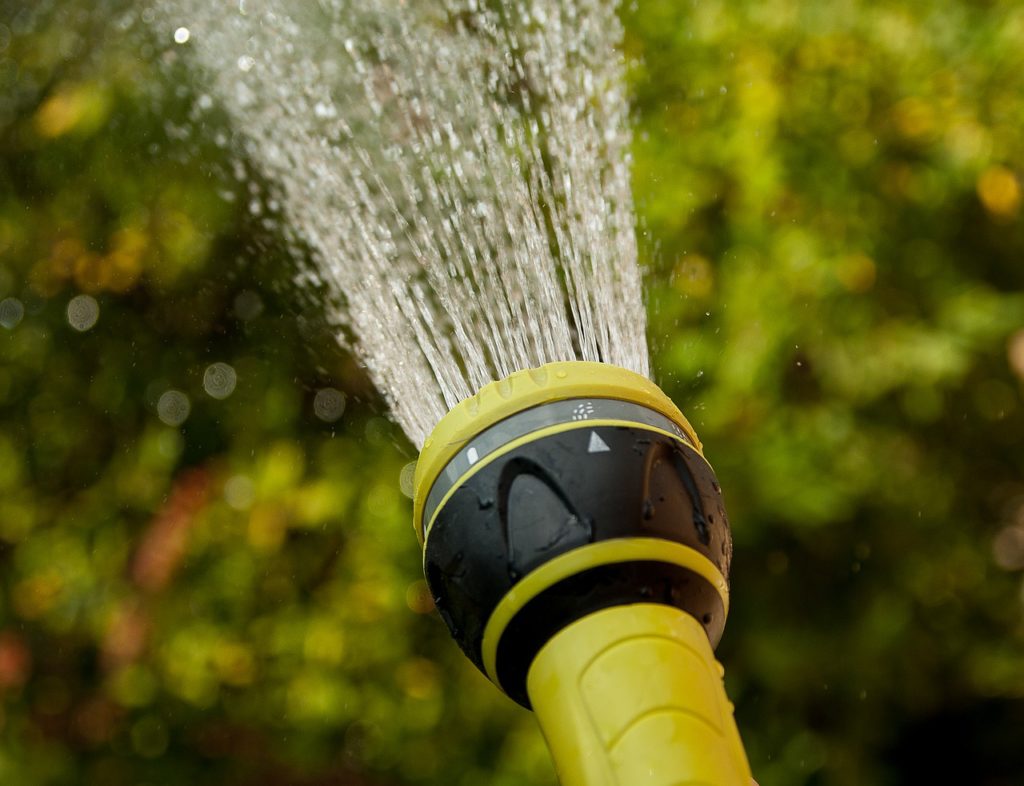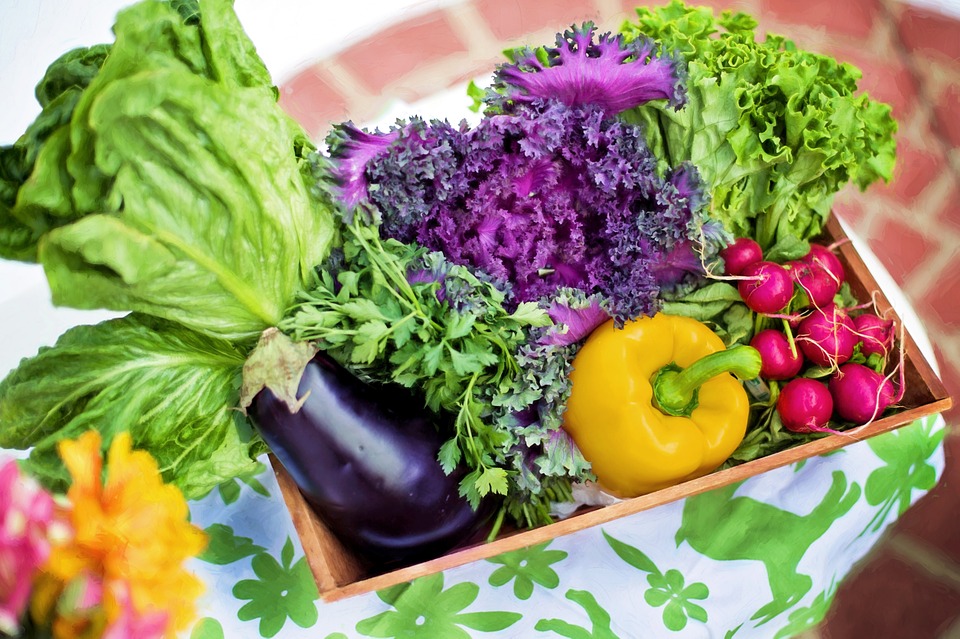
Any budding gardener out there wants to do the best for their garden and their plants. But are you accidentally causing it harm? Here are five eco-friendly things you do that kill your garden:
Buying Plants that Contain Pesticides
You may not use pesticides yourself but plants bought from a garden center and introduced to your garden may contain them. A recent study found that even plants labeled as “pollinator-friendly” sometimes contain insecticides that can be harmful to beneficial garden insects such as bees and butterflies.
Because our plants rely on these pollinators in order to reproduce, it’s a bad idea to put them at risk. If you want to avoid potentially harmful pesticides full stop, you should buy your plants from an organic nursery. Alternatively, if you are green-fingered and have the time, you can grow your own plants from seed to be sure that they’re totally pesticide-free.
Waging War on All Bugs
Bugs are often seen as a threat to garden plants. But not all insects are backyard pests. Insects like ladybirds eat aphids. Ground beetles like to munch on slugs and snails. And some wasp species also like to make a meal of the green and black fly that bother your plants.
Instead of killing the bugs you have in your garden, you could leave them to other carnivorous insects who will get rid of them for you. This way you don’t cut off the food supply for creatures further up the food chain. And you don’t have to resort to harmful chemicals.
Neglecting Patches of your Lawn
Patches of your lawn can become dry, brown, and unsightly if they aren’t cared for properly. When you leave items like children’s trampolines or unwanted garden waste in the same space for too long, your lawn is likely to suffer.
Rotate items that you want to keep around your garden or build a dedicated space for them away from the lawn, using stone or wood chippings as a base. And when it comes to items that you no longer need, be sure to dispose of them safely. You may want to consider hiring a company to help you with larger items.
Failing to Weed Regularly
Weeds can quickly take hold in a garden. They compete with your plants for nutrients, light, and water. And they can carry diseases that will spread to other plants too. If you don’t keep on top of them, they can kill your existing plants, reducing the garden biodiversity and beauty that you have created.
Make weeding a regular garden task. Smaller weeds are much easier to uproot than bigger ones with established root systems. Alternatively, look into ways to banish weeds from your garden forever.
Using Chemical Fertilizers Rather than Compost
Chemical fertilizers may help your plants to grow but they bring some unwelcome side effects. They can upset the natural balance of microbes in the soil meaning they actually deplete your soil of nutrients over time. Without the right nutrients, your plants will begin to struggle.
What’s more, if chemical fertilizers make their way into your garden pond, they could seriously affect the health of fish, amphibians, and insects. Luckily, there’s an alternative. Gardens produce a lot of waste.
There are weeds we’ve pulled up, cuttings we’ve pruned from plants, and a whole heap of grass every time we mow the lawn. This waste can be used as a constant supply of free composting material. By composting, you will in turn have a ready supply of natural fertilizer for your garden.
Steer clear of these harmful garden practices if you want to protect your plants and garden wildlife. Care for your garden in an eco-friendly way and your garden will flourish year in year out.
Author Bio: Melanie Saunders is a blogger and content manager at 1300 Rubbish – experts in the field of rubbish and junk removal. Personally, a huge fan of sustainability and green living.
Start Shopping for Gardening Supplies!
4 Steps to Get Your Garden Ready for Spring
After being cooped up all winter, you may be dreaming about harvesting from a lush summer garden. But before you get there, there’s a lot of work to be done to get the garden ready. Spring garden prep can be intimidating, especially if your garden beds have been left...
What Not To Compost
Composting has many excellent benefits. It allows you to recycle organic material which can then be used to help to enhance your soil. And of course, it’s an environmentally friendly way to reduce trash. But before you get started you’ll need to know what not to...
How To Build A Vegetable Garden That Is Both Tasty And Attractive
A healthy vegetable garden can provide you with hours of stress-busting, mental health-boosting fun and give you and your family healthy, organic produce to eat for months. If you have even a few square feet of yard space, planting a vegetable garden is easy and...
Using Eggs Shells In The Compost
There are many food scraps that people use in their compost. However, there is one that is often overlooked. Using egg shells in compost is not just a great way to help reduce waste but also boosts the nutrient content of the soil you are creating for your plants....
Using Egg Shells In The Garden
Once you learn how you can use egg shells in the garden you won’t just think about eggs solely as food. Their shells are a free way to add to the health of your soil and plants, but they also have quite a few other helpful benefits as well. Here are the best ways to...
Using Orange Peels In The Garden
Oranges are a healthy snack and ingredient but you’re most likely wasting one of the most beneficial parts, the peel. While we can’t eat them, using orange peels in the garden has many surprising advantages. Here are the top ways you can put your peels to work....
Can You Compost Orange Peels?
If you’ve ever wondered, "can you compost orange peels?" the answer is yes. Although there are a few things you should know when doing so. So here’s your fast guide! Composting Basics When composting, you’ll need to include a mix of both carbon and nitrogen-rich...
Using Urine As Fertilizer
While urine is waste, it also contains nutrients that our bodies can’t use. But your garden can! Using urine as fertilizer is free and as organic as it gets! Here’s what you’ll need to know when thinking about using it. There have actually been multiple studies that...
The Urine-Compost Connection
Composting is all about re-using organic materials. And like the majority of us, you probably have been flushing away one of the most natural ways of all to condition your compost. By adding urine compost can be given a huge boost and that is passed on to whatever...
Using Banana Peels In Compost
Can you put banana peels in compost? You bet you can! While bananas offer us some extremely important nutritional benefits that help us to stay healthy, their peels can be used to add to the health of your compost pile as well. Bananas are one of the most popular...
Using Banana Peels In The Garden
Bananas are both delicious and healthy. And you may have wondered after finishing your morning shake or afternoon snack whether those peels you’ve been throwing away for years could be used for other things. What can you do with banana peels? It turns out quite a lot,...
Common Gardening Injuries And How to Avoid Them
While gardening isn’t necessarily the most dangerous pastime one can think of, injuries do occur. Recent data suggests that in the US alone, over 300,000 gardening injuries occur annually. So whether you are a seasoned gardener or are just beginning, it’s important to...
Just Moved? How To Safely Transport Your Plants Into Your New Garden
It can take years of planting and care to create a magnificent garden. That’s why the prospect of relocating or moving houses can induce anxiety in gardeners. Whether you plant ornamentals, or if you grow your own vegetables, having to start over can be a daunting...
Filling Those Window Boxes: Flower Species That Thrive With Container Gardening
Those traditional window boxes overflowing with flowers may remind you of summer cottages or childhood dreams. This particular feature is one that you want at your home all year-round. Container gardening for window boxes takes a certain flair for picking out the...
Why You’ll Want To Revamp Your Garden with Artificial Grass
Installing an artificial lawn is an easy and attractive way to improve and revamp your garden. This is because an artificial lawn is like a real lawn, only much better! Artificial grass has been developed to such a high-quality standard that it looks and feels as...
The Best Grass Types For Creating A Drought Tolerant Lawn
Many of us live in dry and arid places. There are many locations around the world that unfortunately for your lawn don’t get much rain throughout the year. For people who live in these places, a green, healthy-looking lawn can seem impossible to have and maintain....
Garden Drainage: How to Avoid a Waterlogged Garden & Patio
Many locations around the world get a lot of rain. With an average of 33 inches of rain per year, this is especially true in the U.K. where it is rare for a day to pass that it is not raining somewhere. Regardless of where you live this can lead to problems with...
Easy Lawn Care? Experts Say It’s Possible With These Tips!
There's no way around it: If you want a lush lawn, you have to work for it. That entails putting in a lot of time, effort, and yes, money. And even if you are hiring experts in lawn care, you will still need to shoulder some of the responsibilities involved. That does...
Water-Wise Landscaping: Avoid Cultivating These Types Of Plants
Water is one of the primary needs of all plants. They need to receive the right amount of hydration to grow and thrive properly. You can ensure your plants get the hydration they need by watering them regularly using a garden hose or watering can, or by having a...
Starting A Vegetable Garden: Motivational Tips For Beginners
Back in the day, our ancestors did not have to go very far to buy vegetables, they just had to step out in their garden and pick up free, fresh veggies. Unfortunately, over generations, most of us have lost touch with our natural gardening instincts due to the busy...
